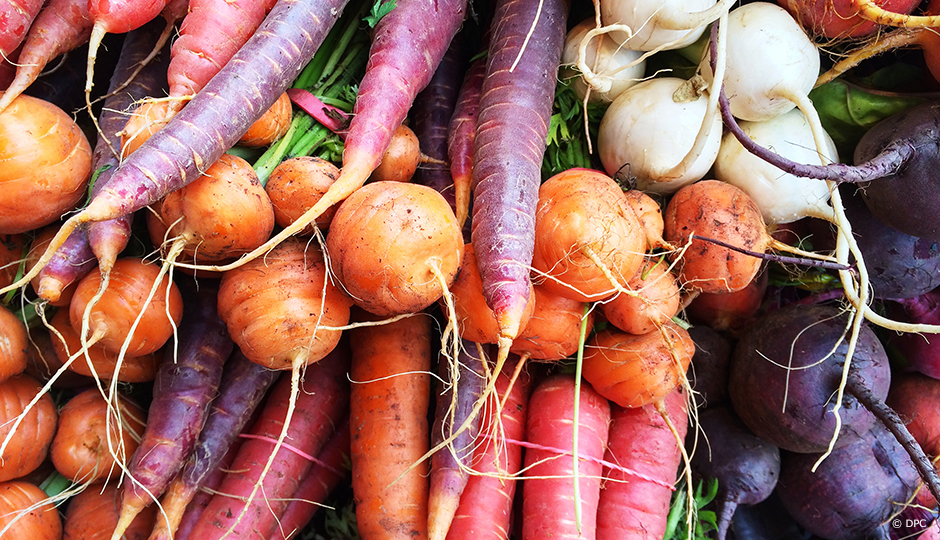What if we could "immunize" the plants we grow against common viruses?
That is the dream of farmers and a challenge for researchers such as Jean-François Laliberté, from Centre INRS – Institut Armand-Frappier, and Hugo Zheng, from the Biology Department at McGill University. For 25 years, the two cellular and molecular biology experts have been attempting to understand the infectious process in plants, a painstaking task that has advanced the field of plant virology.
Some plants are able to synthesize proteins that block the development and multiplication of viruses.
The researchers have been investigating "virus factories", structures enclosed by a membrane that are formed in infected plant cells. Within these structures, the virus manipulates certain cellular processes in order to replicate, assemble and spread throughout the plant. Using cellular imaging techniques, the biologists were able to observe these phenomena in action. This allowed them to demonstrate how the turnip mosaic virus forces the restructuring of plant cells to form new infectious particles.
This discovery has provided the scientific community with a better understanding of why some plants are more resistant to viruses than others: they are genetically equipped to not be manipulated. More specifically, they are able to synthesize proteins that block the development and multiplication of viruses.
Researchers around the world are currently trying to find a cellular protein that is universally used by viruses to replicate within plants. New cultivars could then be developed whose genetic structure is configured to prevent viruses from interacting with this protein, providing the plants with an "internal weapon" against viral infection. Possible benefits include plants that resist almost all viral diseases without the use of chemical treatments, more productive crops and savings for farmers.




